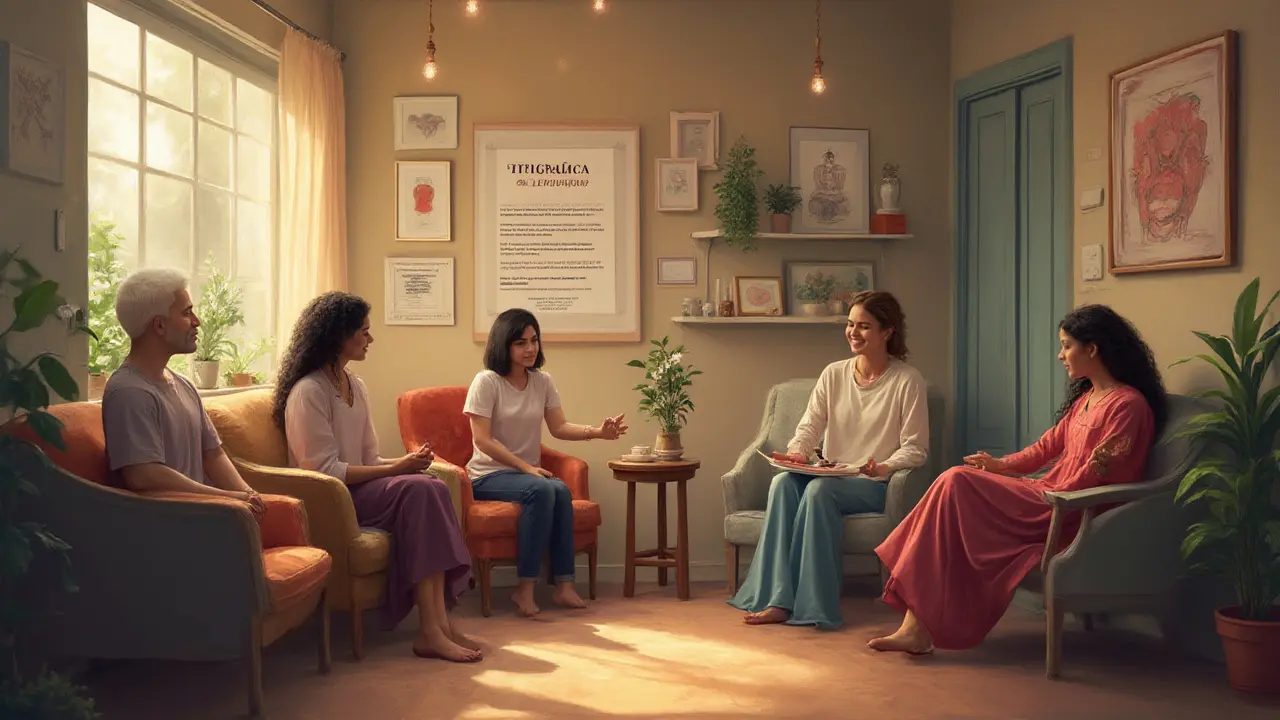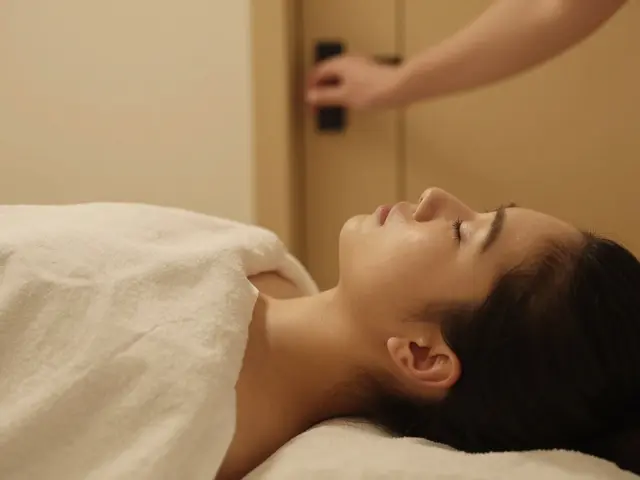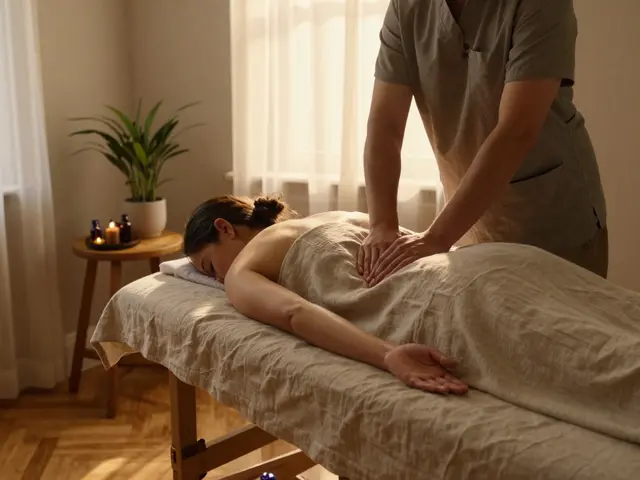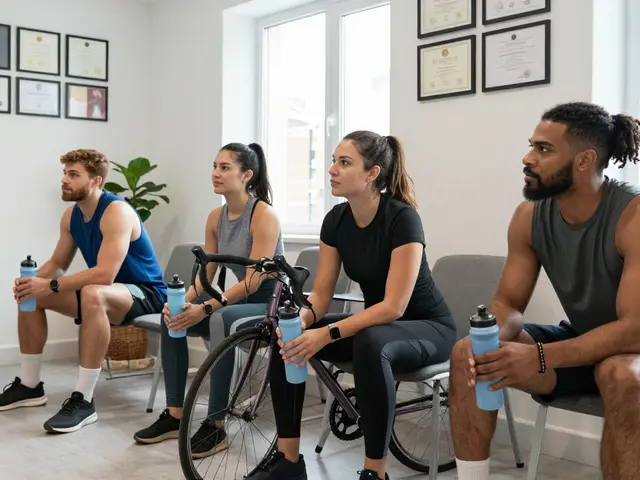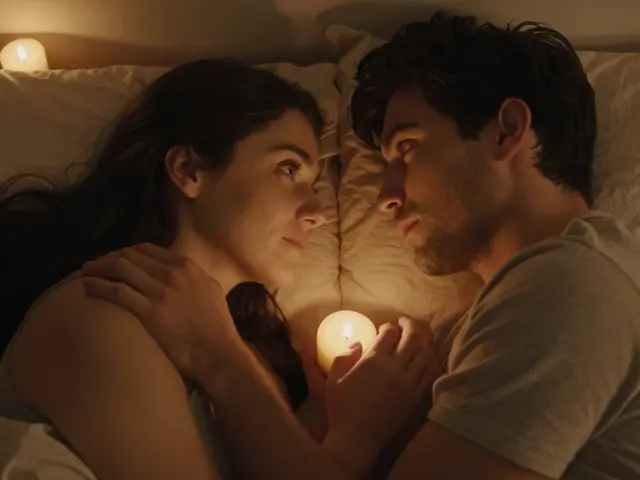Massage Restrictions in London: Your Quick Guide
Thinking about booking a massage in the capital? You might assume the only thing you need to worry about is the therapist’s skill. In reality, London has a handful of rules that shape what’s legal, safe, and acceptable. Knowing these limits helps you avoid awkward moments, protect your health, and keep everything on the right side of the law.
Legal Limits You Can't Ignore
First off, any massage service that offers sexual activity is illegal. The UK classifies those actions as prostitution, and venues that mix therapeutic massage with erotic services can face heavy fines or closure. Even if a therapist advertises "happy endings," they’re breaking the law, and clients can be charged with solicitation. So, stick to businesses that clearly state they provide only therapeutic work.
Age is another hard line. You must be 18 or older to receive a professional massage in a spa or private setting. Under‑18 clients are only allowed for specific medical or therapeutic reasons, and those sessions need parental consent and a qualified practitioner.
All massage providers need a valid license from the local council. The license proves the therapist has the proper training and that the premises meet health and safety standards. If a place can’t show a license on request, walk away – it’s a red flag that the service may not be vetted.
Health & Safety Rules
Therapists must follow basic hygiene rules: fresh linens, clean equipment, and hand washing between clients. If you notice reused towels or a therapist who skips hand sanitizer, that’s a sign the venue isn’t following health guidelines. In the post‑COVID era, many spas also require a brief health questionnaire to screen for contagious illnesses.
Some medical conditions are contraindications for certain massage styles. For example, deep‑tissue work can aggravate recent injuries, severe osteoporosis, or blood clotting disorders. A reputable therapist will ask about your health history and adjust pressure or technique accordingly. Don’t hide a condition just because you think it will speed up booking – you could end up hurting yourself.
Outcall massages (therapists who come to your home) have extra restrictions. The therapist must carry proof of insurance and a background check, and the client must provide a clean, private space. If the therapist asks you to move the session to a public place like a hotel lobby, that’s a violation of both safety and licensing rules.
Finally, tipping is optional but common in London. However, you should never feel pressured to give extra cash in exchange for a longer session or a different technique. That crosses the line into a transaction that could be interpreted as a sexual service, which is illegal.
Bottom line: when you book a massage, look for clear licensing info, age verification, a professional website that separates therapeutic work from any sexual content, and a therapist who asks about your health before starting. These simple checks keep the experience relaxing, legal, and safe.
Got a favorite spa? Give them a call and ask about their license and hygiene policies. It’s a quick question that can save you a lot of trouble later. Enjoy the relief a good massage offers – just make sure it’s done the right way.
